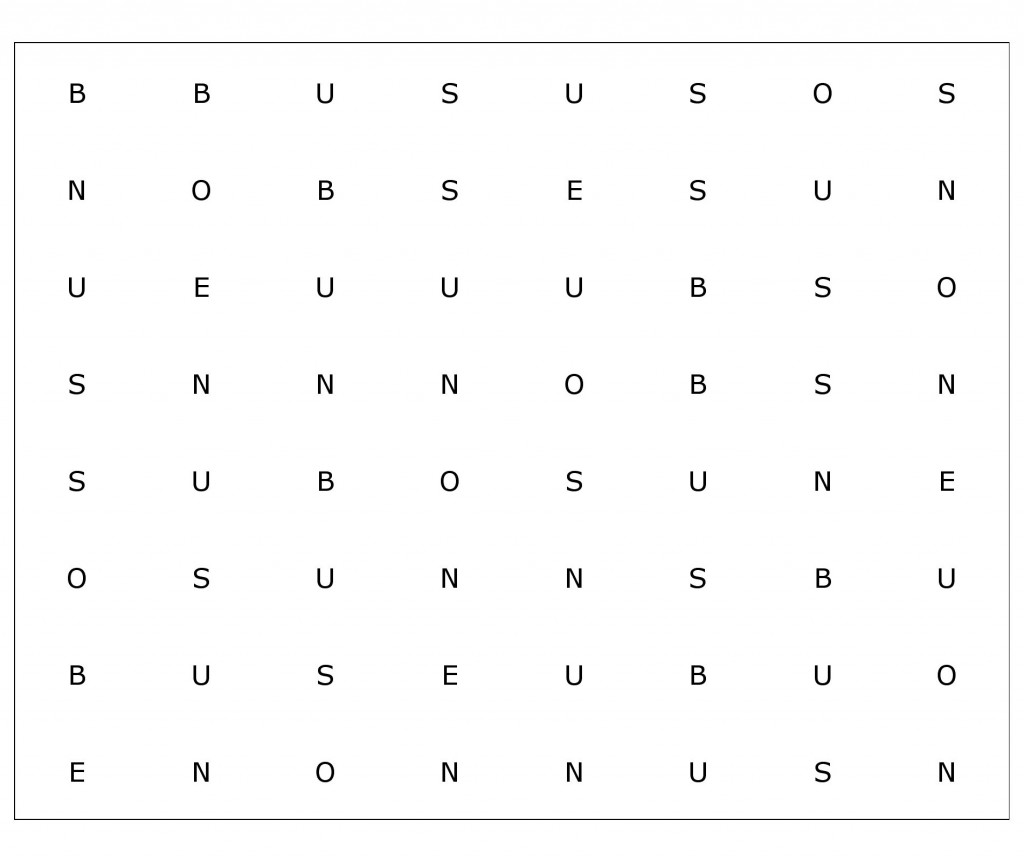Posts Tagged ‘attentional focus’
Update: The placebo effect works even when people know they are taking a placebo
Welcome to a new edition of SharpBrains’ e‑newsletter, featuring 14 research findings, resources and tips for brain health … and starting with this fascinating study: #1. Wow. The placebo effect works even when people know they are taking a placebo #2. Beating Alzheimer’s Disease will require a combined physical/ mental approach: From the ten factors found…
Read MoreQuick brain teaser to prove the limits of multitasking
How often do you discuss office gossip via chat while participating in a Zoom meeting? Or read a great article while talking on the phone with a client? Or, wait, think about work problems while helping your child with homework? Yup, it is not easy to stay focused and be truly productive.
Read MoreBrain teaser to test your attentional focus and multi-tasking abilities
How often do you review and comment on a document while talking on the phone with a colleague about an unrelated matter? Or think about your problems at work while helping your child with his homework?
Read MoreYour brain on puzzles: Insights come with a wider focus of attention.
A fascinating New York Time article on solving puzzles: Why you do it, how you do it, and what’s going on in your brain while you do it. The appeal of puzzles goes far deeper than the dopamine-reward rush of finding a solution. The very idea of doing a crossword or a Sudoku puzzle typically shifts…
Read MoreTest your attentional focus: is multi-tasking a good thing?
Human attention is limited. Think about your attentional focus as the beam of a light. Another good brain game to test your attention skill.
Read More



